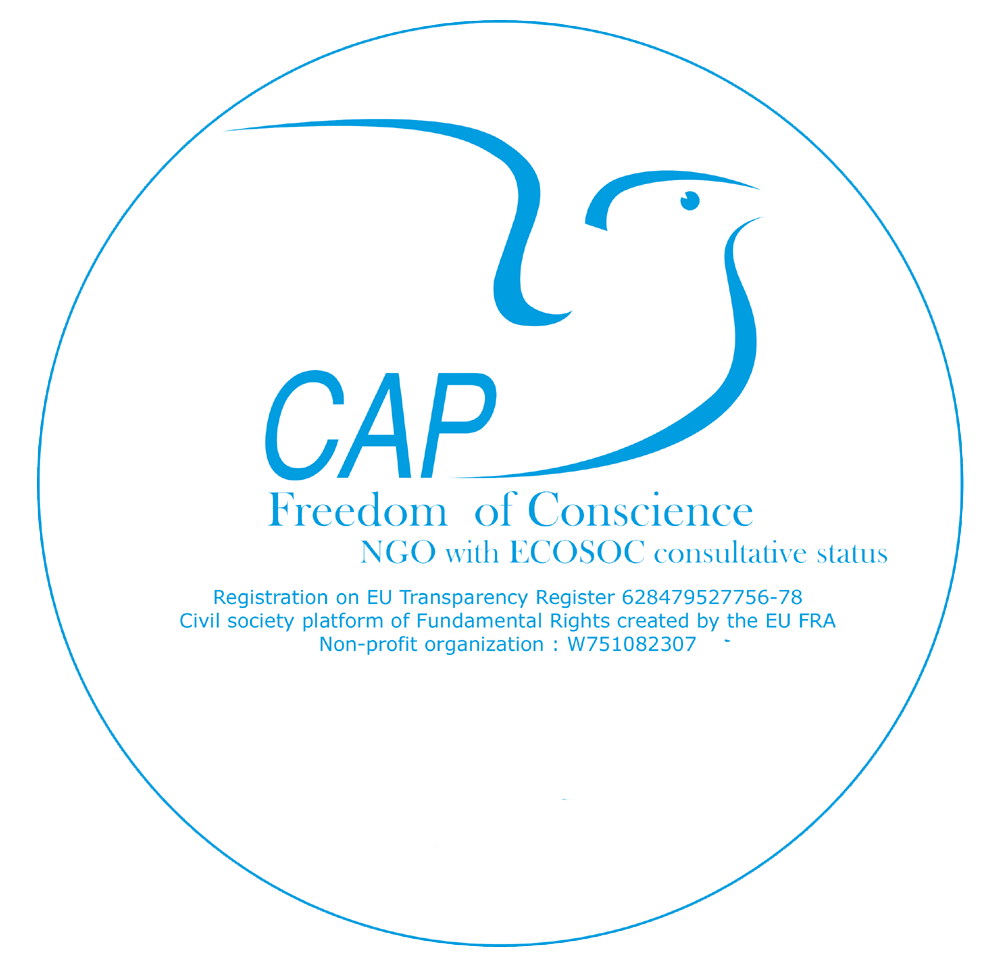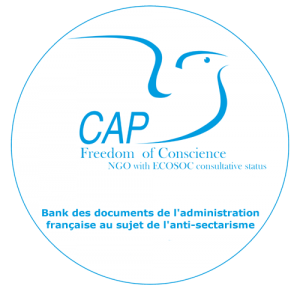In the report “Freedom of Religion or Belief and the Prohibition of Torture“, the UN Special Rapporteur Nazila Ghanea looks at how religious persecution is linked with human rights violations. The study which was discussed at the 58th session of the Human Rights Council and later made news by European Times News, focuses on how religious prejudice can lead to institutional violation.
The focus of the report is on the connection between coercion and religious freedom. According to European Times News, Ghanea said, “Not all forms of coercion reach the threshold of torture or ill-treatment, but all forms of torture committed on persons on the basis of their religion or belief constitute coercion.”
The report submitted by CAP Liberté de Conscience supported Ghanea’s theoretical framework in the report. The organization was able to gather information about the experiences of members of the Ahmadi Religion of Peace and Light (AROPL) in four countries; Jordan, Azerbaijan, Iran and Egypt.
In Jordan, six AROPL members were arrested while conducting peaceful missionary activities. The arrest process was accompanied by excessive force and allegations of ‘insulting religious feelings’. These individuals faced up to three year prison terms and other social penalties that raised questions about the respect for international human rights standards. It was even worse in Azerbaijan. Eleven AROPL members were arrested, and two members, Rustam Gasimli and Nariman Shabanzade, had documented cases of physical abuse. However, he was able to produce evidence of his injuries, and the court refused his plea and convicted him to prison terms that were not fair. The cases of Iran and Egypt were rather similar. In Iran, thirteen AROPL members were put on trial based on vague charges with poor legal representation. Egyptian members suffered from systematic discrimination in employment and education.
These violations are discussed in relation to international legal standards in Ghanea’s report. The analysis stresses that states have both preventive and protective duties regarding religious freedom and torture prevention. The negative obligations are rather basic and simply state that states should not violate these rights while the positive obligations involve the actual protection of religious communities.
The report’s recommendations are clear and direct:
- Stop all forms of religious persecution• Carry out impartial torture investigations• Demanded the immediate release of all those who have been arrested for their religion and belief• Set up independent monitoring systems• Provide training to police and judicial officers.
This report, to this report, is a useful piece in the fight against religious persecution. The report thus establishes a reference frame for tackling these human rights issues by showing how torture is linked to religious discrimination. The analysis of the work shows that religious persecution is not a separate issue but a system of wide-spread institutional discrimination. It also establishes the need to defend religious freedom as a fundamental human right







